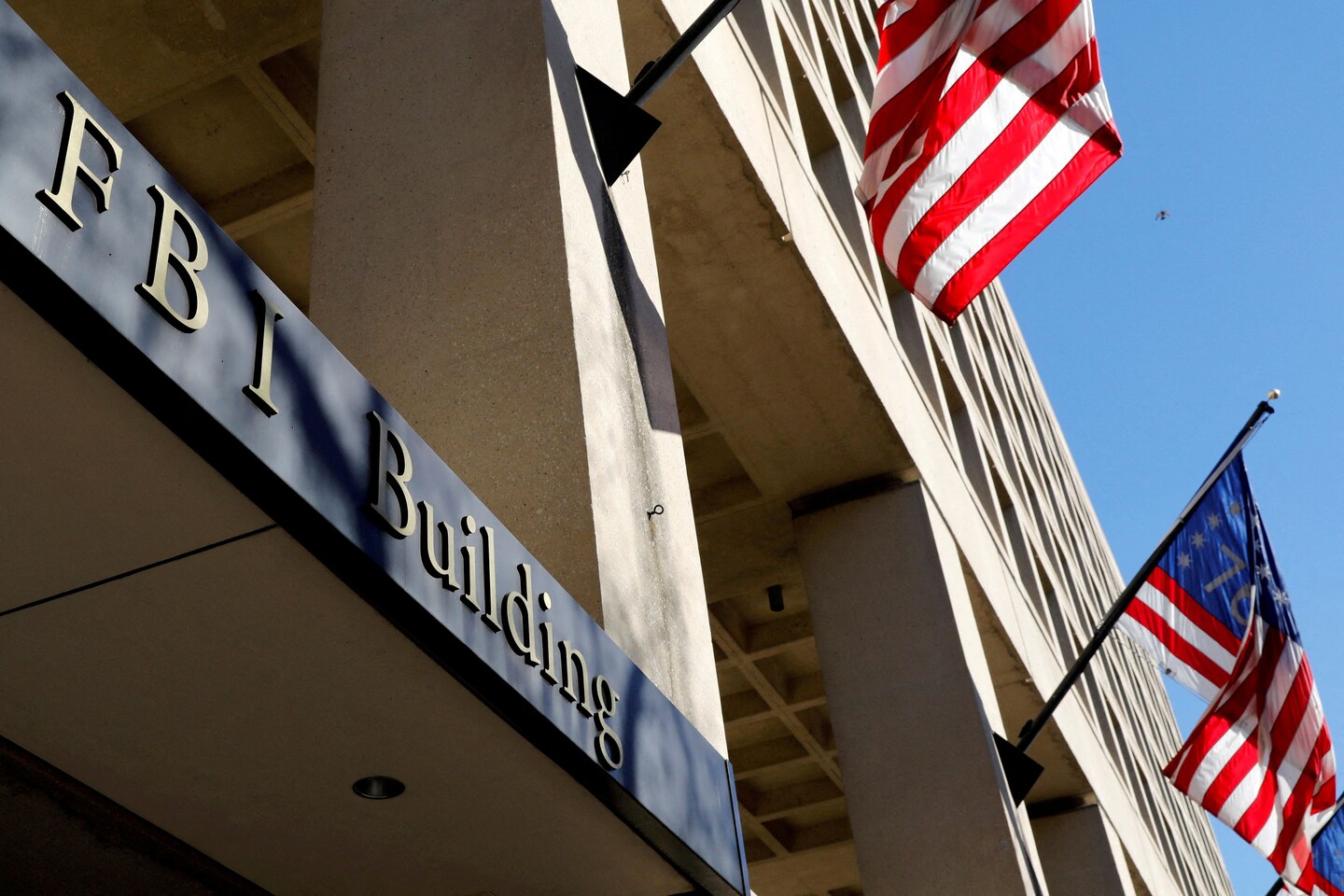The number of secret search and eavesdropping orders approved by the U.S. Foreign Intelligence Surveillance Court dropped by more than half in the last two years, according to data released Friday by government officials who attributed the drop to the pandemic keeping even spies and terrorism suspects at home.
Secret surveillance court orders drop more than 50 percent since 2019

While 2019 was also the year that Justice Department Inspector General Michael Horowitz issued a report that strongly criticized how the FBI handled FISA warrant applications targeting a former Trump campaign adviser, intelligence officials did not attribute the steep decline to any change in policy. Rather, they pointed to changes in the behavior of espionage and terrorism suspects.
Separately, officials reported a major increase in the number of searches of data related to people or companies in the United States. That program, referred to by the part of federal law that created it, Section 702, authorizes queries of broad pools of data gathered for foreign intelligence purposes. While the program is designed to target people outside the United States, the queries also end up pulling in data about Americans.
From December 2019 to November 2020, the estimated number of queries likely to involve information about Americans was reported as “fewer than” 1,324,057. The following year, that figure more than doubled to 3,394,054.
A senior FBI official, speaking on the condition of anonymity to discuss details of intelligence-gathering, said the increase was largely the product of a single suspected Russian hacking case. That case, relating to attempts to compromise critical U.S. infrastructure, accounted for approximately 1.9 million queries, the official said.
Such query counts are a new feature in the public reporting by U.S. intelligence agencies of what information they gather about Americans. The workings of the FISA court and the surveillance it approves are some of the most closely kept secrets in the government. Past abuses and revelations about how the government collected and searched such data has led Congress to gradually require more public disclosures about how the government secretly gathers information about its citizens and legal residents.
Authorities said Friday that the pandemic has accelerated and deepened a longer-term trend in the decrease in probable cause FISA orders for surveillance and searches, which began before 2019.
“If the pandemic has taught us anything, it’s that people can work from home. And we have seen that in the national security space as well,” said Ben Huebner, chief of the ODNI’s Office of Civil Liberties, Privacy, and Transparency.
“Instead of coming to the United States, foreign intelligence targets have continued their activities but operating from outside the United States,” Huebner said. “That is one of the reasons that while the number of probable cause FISAs has declined over time, the number of Section 702 targets — targets who must be outside the United States — continues to increase.”
Overall, Huebner said, “it is fair to attribute some of the decline to the changing nature of the threat from certain international terrorism groups during the time period, changes in the way international terrorism subjects communicate, and the Intelligence Community’s ability to collect those communications. Accordingly, the number of counterterrorism probable cause applications and orders focused on these threats have significantly declined over time.”
The past decade has seen bursts of public debate over the proper role of secret government surveillance — most notably in 2013, when then-National Security Agency contractor Edward Snowden shared secret documents showing the breadth and reach of such surveillance.
Another controversy erupted in 2017, when President Donald Trump accused the FBI and other agencies of spying on his campaign. A lengthy inspector general report concluded in 2019 that the FBI’s court applications for surveillance on Carter Page, a former Trump campaign adviser, were rife with significant errors or omissions, and a follow-up review of the FBI’s work more broadly found frequent errors in the how agents documented their FISA work. Around the time of that review, FBI Director Christopher A. Wray announced changes designed to improve the accuracy and management of FISA applications.






